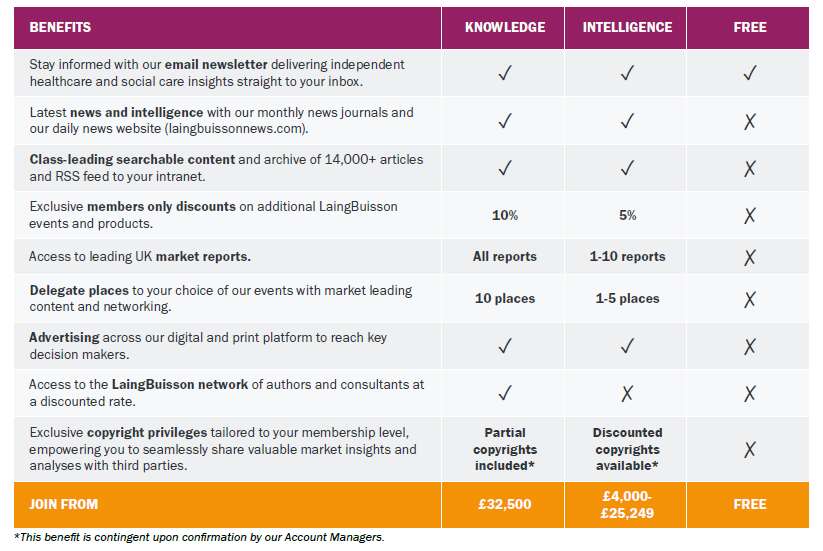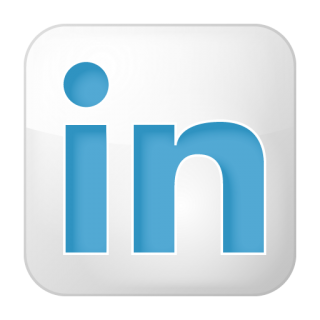UK medical insurers – stagnant market pushes innovation around wellbeing and prevention, says LaingBuisson report
LaingBuisson has launched the 15th edition of its Health Cover market report, which looks at private medical insurance, health cash plans and dental benefit plans. Total spend on private medical cover is estimated at £4.81 billion in 2017.
The overall picture of the UK medical cover market shows flat growth for the second year running with 4 million policies taken up. Following a boost in 2015 created by a handful of large companies choosing to extend health cover plans to cover their entire workforce, there has been no growth. The market has been onerously burdened by steep rises in insurance premium tax (IPT) resulting in an elevated number of lapses, and downtrading and higher excesses have featured to keep insurance affordable. However, LaingBuisson has also identified a trend towards family coverage.
The lack of volume growth was accompanied by a fall in the value of claims. Claims paid decreased by 0.6% in nominal terms during 2017 (or 3.2% in real terms), which followed a small real fall in 2016.
While lapses were high, medical cover new business was generated by offering joiners discounts and incentives, and low-cost cover options attracted attention. This, together with higher NHS waiting lists and the rationing of some treatments by the NHS, has enabled some health cover providers to generate interest.
Greater potential lies in innovation. There is a growing focus on supporting employee wellbeing through physical and mental health prevention, and key issues for employers include reducing sickness rates and improving productivity. Consequently, repositioning the offering of the health insurer as a ‘health and wellbeing provider’ creates a differentiator which answers questions being faced by corporate buyers and also appeals to individuals.
There is also growth in the provision of access to private GP services and mental health counselling for employees, as many private medical insurance and cash plan policies now offer these services as standard. It is also core to new ‘wellbeing’ products and digital technology and AI is enabling employees to engage with doctors and counsellors at their own convenience, and follow their own self-help wellbeing plan.
Philip Blackburn, report author, said:
“Despite wider interest in private healthcare due to ever-increasing pressures on the NHS service, demand for private medical cover was stagnant. Driving this has been the high cost of taking out standard cover, exacerbated by the recent sharp increase in tax burden from IPT. Meanwhile lower-cost policy options aimed at the corporate market, such as cash plans and dental cover continue to grow well as popular health benefits for employees.
“New standalone wellbeing cover products with a low price tag are now moving into this space, designed to support physical and mental health needs of employees, and insurers are also offering a whole range of products and services to support workplace wellbeing strategy. These new products are likely to generate interest supported by technology apps which enable fast, convenient and ongoing access to primary care solutions. Certainly, innovation is centred on corporate wellbeing, as greater physical and mental healthcare prevention is intended to deliver pay-offs long-term through a healthier workforce for clients.
“However, the high cost of standard private medical insurance means growth of fully comprehensive corporate healthcare packages is a challenge for insurers. It also remains a challenge to attract individual paying customers to comprehensive cover, and without a tax concession or market-changing attraction to offer to customers, coverage of individual paid private medical insurance is likely to see more policyholders select cover choices which may be less comprehensive but affordable, while strong real increases in premiums will also see more individuals exit to fully rely on the NHS or encourage more to use savings for private healthcare.”
Download press release as a PDF
To find out more visit the Health Cover market report here







